Question And Answer
Publications
Articles, publications, books, tools and multimedia features from the U.S. Institute of Peace provide the latest news, analysis, research findings, practitioner guides and reports, all related to the conflict zones and issues that are at the center of the Institute’s work to prevent and reduce violent conflict.

Iran’s Youth Energy that Elected Rouhani Shows in Parkour, Fashion Fever
“Religiously illegal” swimwear might sound predictable coming from Iran. But what about “a refreshingly casual look for the chador” or young Iranians scaling walls for sport? These kinds of trends reflect the energy of youth in Iran, and new President Hassan Rouhani owes his election to them.
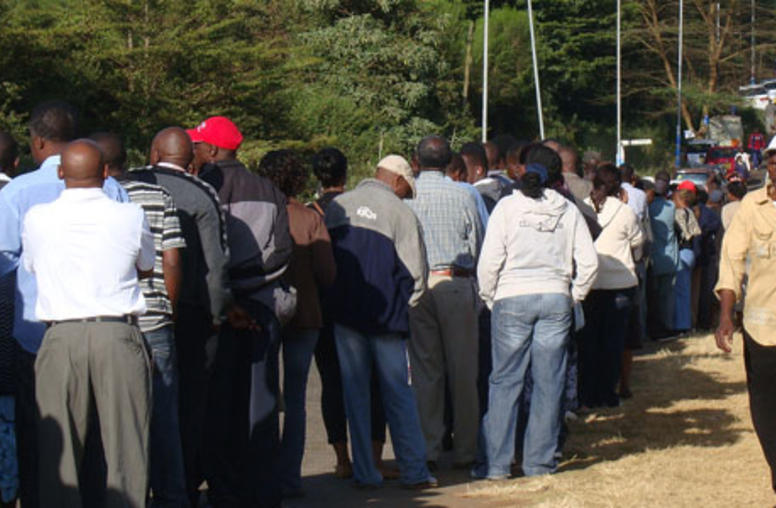
Responsibility to Protect Weighed Down by Misconceptions
To the limited extent policymakers in Washington, D.C. are familiar with the Responsibility to Protect, the principle is frequently dismissed as “a U.N. thing” or “something the Canadians came up with.” Ever since the concept was first introduced in 2001, the U.S. response has remained lukewarm, even though heads of state and government unanimously endorsed the principle at the 2005 United Nations World Summit, the U.S. among them.
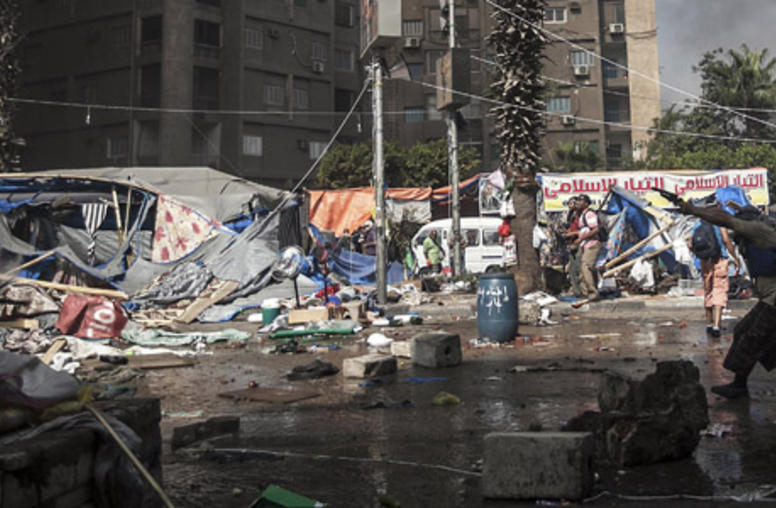
Egypt’s Political Chasm Reflects Miscalculation of Public Support
The standoff in Egypt that resulted in yesterday’s lethal crackdown by the military on Muslim Brotherhood protestors may reflect a dangerous miscalculation by leaders on both sides about how much public support they have and how long they can keep it, said U.S. Institute of Peace expert Manal Omar.

Islamic Law: Getting Beyond the Bombast
A Google News search for the term “Shari’a law” can turn up scary results. A rape victim convicted for extramarital sex. An editor sentenced to prison time and 600 lashes for allegedly propagating liberal thought.
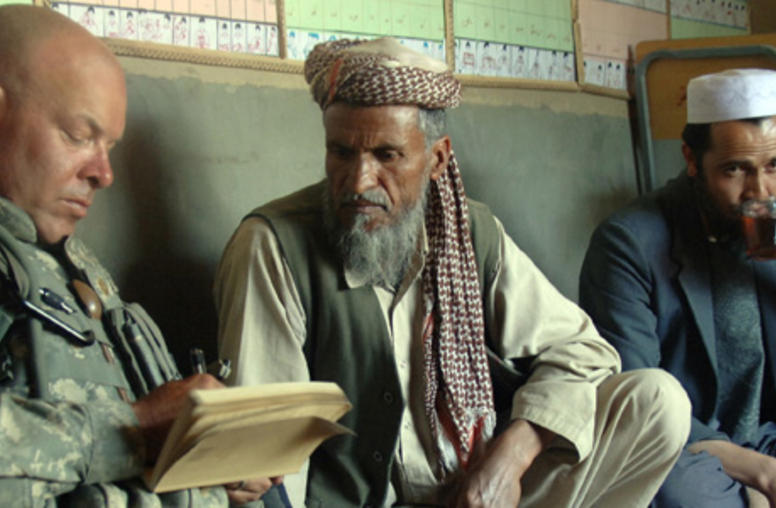
Reflections of a West Point Cadet at USIP
During the summer leave period at the United States Military Academy, cadets like myself have the opportunity to work with different corporations, institutions, and organizations in the U.S. and abroad. When I found out that I would be working at USIP this summer, I had no idea what I would be getting into or what exactly this organization was.
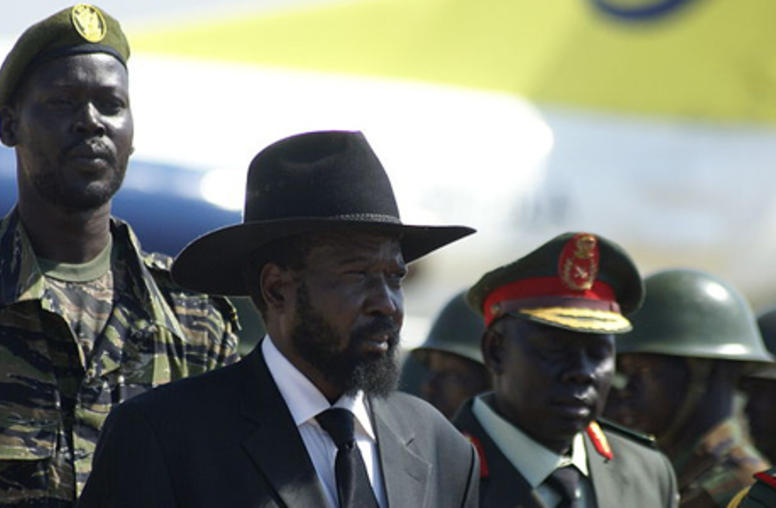
South Sudan’s Political Turmoil
Recent political developments in South Sudan have raised concerns about the new nation’s current stability and future peace. USIP’s Susan Stigant discusses the latest.
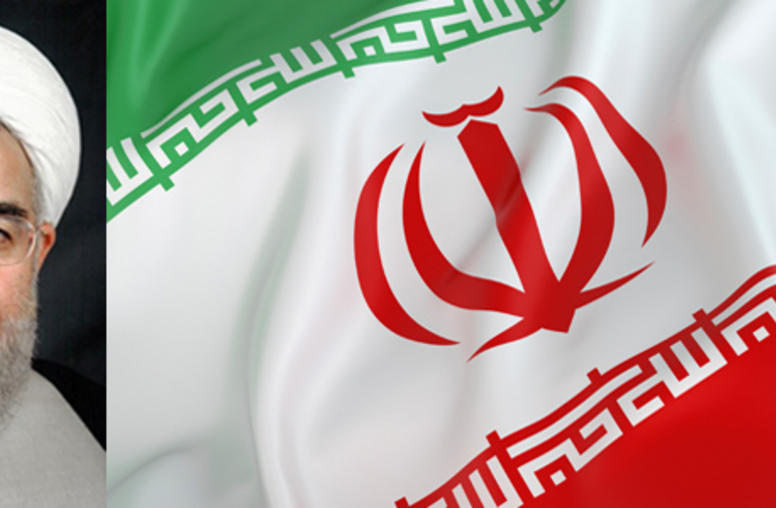
The Rouhani Presidency: Will Iran-U.S. Relations Improve?
The start of Hassan Rouhani’s presidency with his swearing-in on Aug. 4 will enhance prospects for at least a modest improvement in U.S.-Iranian relations, though attaining a breakthrough deal on Iran’s nuclear programs will remain very difficult.
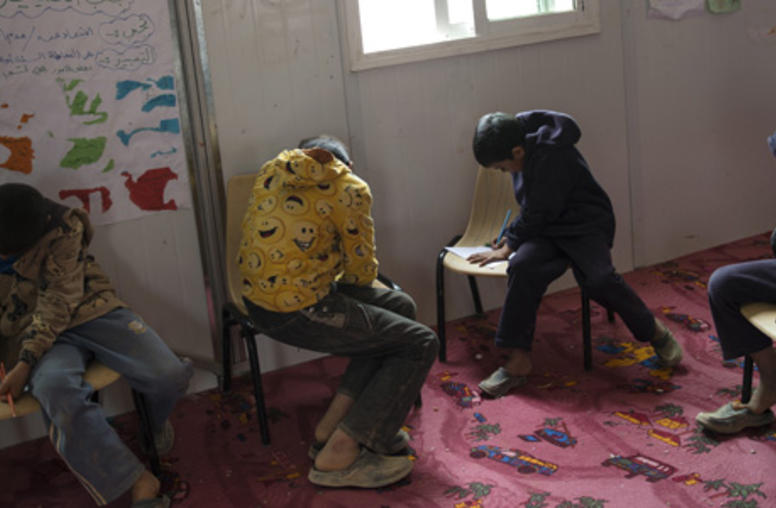
Syrian Children’s Future Jeopardized in Education Too
The conflict in Syria has taken a devastating toll on Syria’s younger generation in many ways, not the least of which is the impact on their education and on their schools and teachers. The war has essentially decimated a key educational milestone the country achieved before the violence broke out.
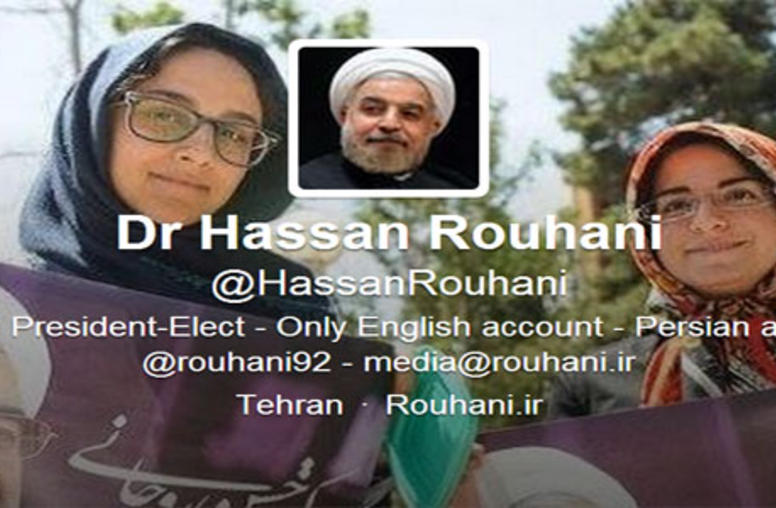
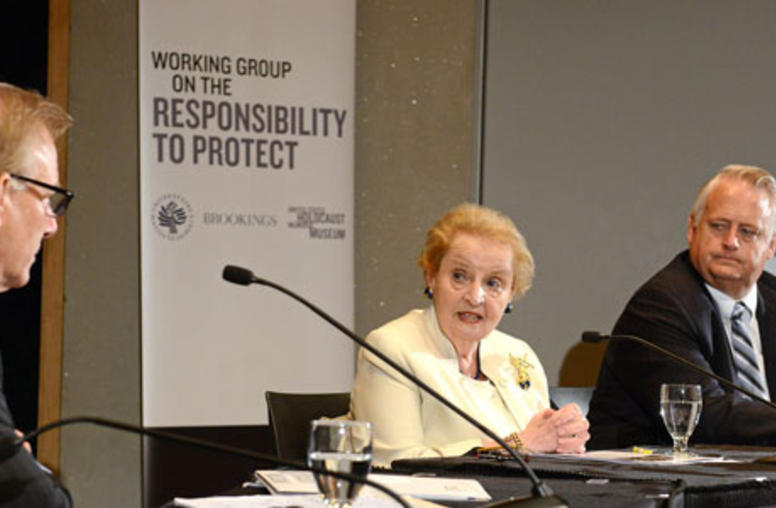
USIP, Partners Release Report on Realizing ‘Responsibility to Protect’
Despite the war-weariness of Americans and political and institutional obstacles, the United States should take the global lead in fulfilling the "Responsibility to Protect," an international norm aimed at protecting civilians from genocide and mass atrocities, two senior U.S. foreign policy figures said July 23 at the release of a report issued by the U.S. Institute of Peace (USIP), the U.S. Holocaust Museum and the Brookings Institution. The Responsibility to Protect principle is generally ...